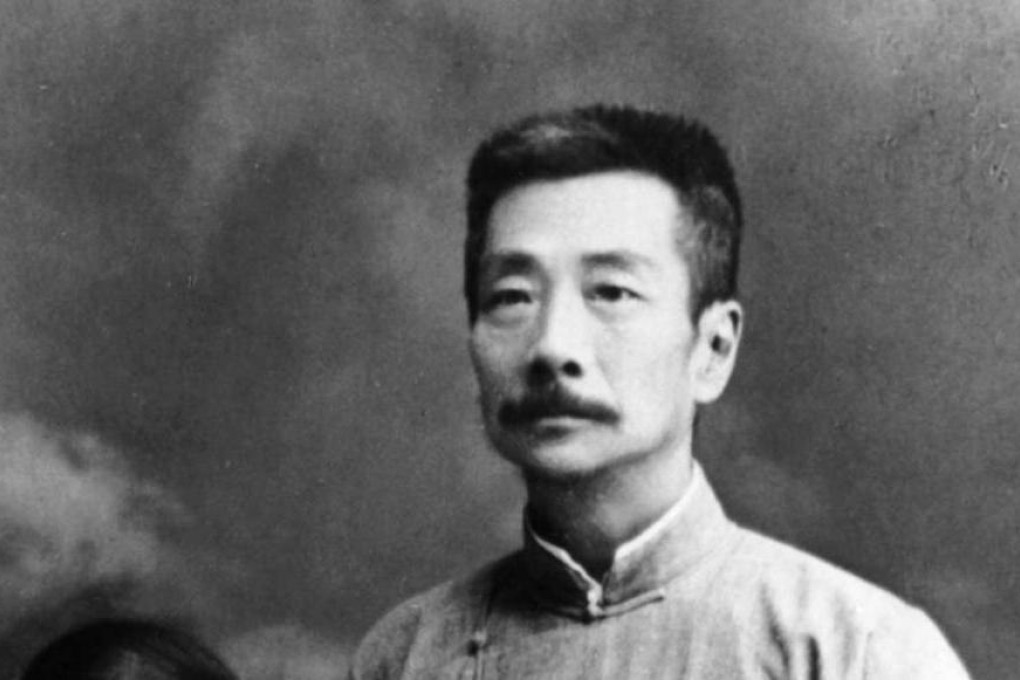
A short handwritten letter by the late Lu Xun, a leading figure of modern Chinese literature, about his perspective of learning Japanese, was sold at an auction for 6.56 million yuan (HK$8.3 million) on Monday.
The letter, containing just 220 Chinese characters, came under the media spotlight due to its relatively small number of characters commanding such a sky-high price. Each of the characters in the letter has been calculated as being worth almost 30,000 yuan.
The letter addressing to Tao Kangde, a prominent publisher and editor of Lu’s time, was written in 1934 responding to his inquiry about Japanese language studies, according to China Guardian Auctions, the company that held the auction.

“There is no well-established dictionary that includes the neologism and dialects that are commonly seen in Japanese novels. You can only resort to bringing questions to Japanese people. This is too much trouble,” he wrote.
He also said: “The effort required to master sufficient language skills to read a Japanese novel is no less than that of mastering a western language.” He then recommended Tao to learn a European language instead, as “Europe has masterpiece literatures”.